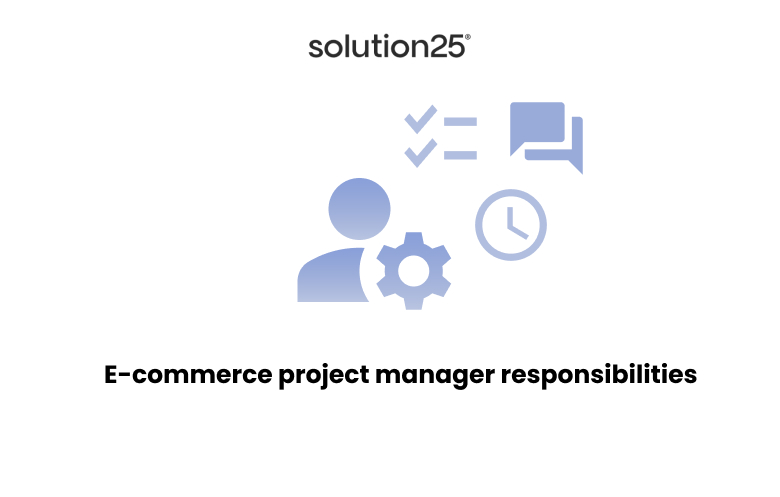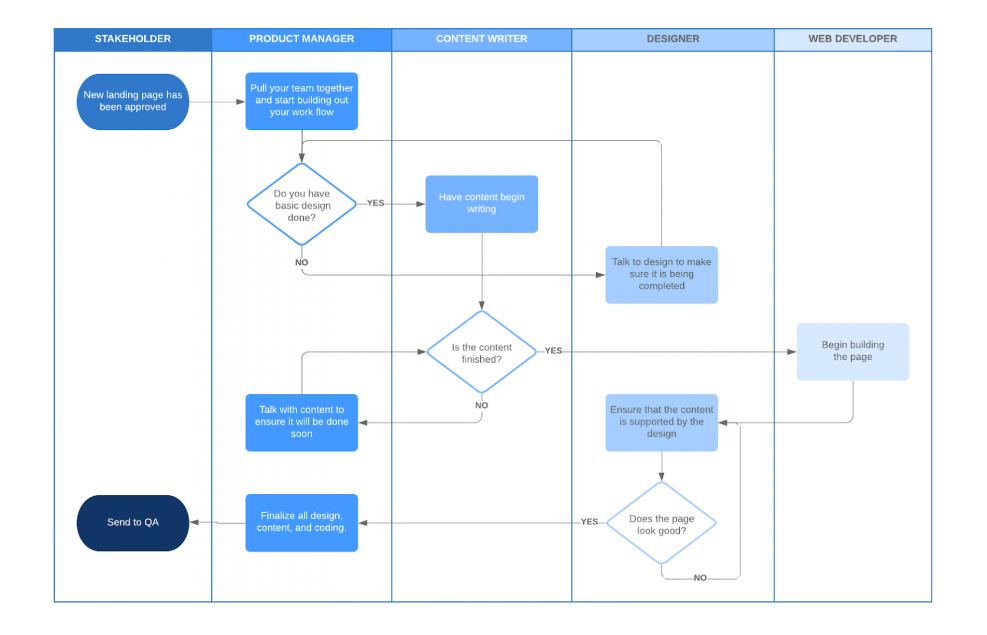Shopware Silver & extension partner
Certified Advanced Developers & solution architects
200+ E-commerce Rrojects
50+ Professional developers
Shopware Silver & extension partner
Certified Advanced Developers & solution architects
200+ E-commerce Rrojects
50+ Professional developers

A manager is committed to impose order on chaos and find a solution to an unknown issue in a method you might not understand.
· Coordinating activities and exchanging information with business teams, IT/systems organizations, and other project participants. · Picking up new company systems and processes · Helping all e-commerce systems prioritize and plan routine repair requests. · Identifying, defining, and documenting the project lifecycle through interaction between brand/business teams and development resources · Conducting risk assessments and finding potential solutions · Taking responsibility in leading a cross-functional team of analysts, developers, and testers to deliver solutions in a productional e-commerce environment · Taking charge of a multidisciplinary team that includes analysts, developers, and testers · Obtaining an agreement from a variety of distinct organizations to ensure the 360-degree implementation of projects or releases · Incorporating the tasks and integrations required for projects and releases and communicating with existing and prospective providers · Helping in organizing the testing effort acceptability
The e-commerce project manager creates a focused e-commerce strategy to achieve sales goals. The goal of the e-commerce and web manager is to increase the company’s TO through digital channels, whether they are launching an e-commerce site for a brick-and-mortar business, a pure player, or an agency. They oversee and supervise sales operations for the websites under their control since their work is in e-merchandising (content updates, tag line selection, etc.). To increase the website activity, the e-commerce project manager decides which web marketing channels to deploy. Some examples include: · Organic SEO · Sponsored SEA · Social networks · Partnerships · Affiliates · Email marketing They may also choose to optimize sales conversions by making technological improvements to the website.
· Defining the issue addressed by the project and the achievable goals
· Outlining the project’s generic deliverables and its scope under an RFP
· Assessing of the initial budget and prospective benefits before the project begins
· Organizing a project charter with the fundamental project details, such as the scope, project type, as well as the start and end dates
· Establishing connections with the key project stakeholders and determining the guidelines for future collaborations· Collaborating with clients to create website specifications and gathering personnel for the project
· Drafting a development plan for an e-commerce website that includes a WBS, a budget, a schedule, and workflow diagrams
· Establishing the key performance indicators (KPIs) to gauge the project’s success
· Creating a project premortem analysis and outlining the change management process
An organization’s final product, which addresses some customer issues and meets market demand, is delivered by a product manager. They work at the nexus of several departments, formulating sales strategies, contributing to product design and feature development, and creating profit and loss (P&L) statements. Meanwhile, a project manager plays a more tactical and strategic role in project estimating, planning, and implementation. They concentrate on adhering to the project’s timeline and satisfying its criteria, budget, and scope.
A project manager is present to tie up any loose ends all stages of the project since e-store development projects can be complicated. An e-commerce project manager not only manages the turmoil and addresses urgent problems but also offers several advantages to all parties involved.
· There will always be a subject-matter expert to organize the work and keep an eye on the workflow
· All issues of developers will be directed to a project manager in case of emergency
· A project manager will relieve staff members of all administrative duties and maintain productivity· You will receive regular updates on the project’s execution and development
· A PM will serve as your point of contact if you need to modify the project’s deliverables or scope
· You will stay on schedule
· Also, you will stay within the allocated resources and budget· A PM will facilitate communication and encourage consistent flow of information between teams to ensure all the tasks are up-to-date and the quality of work is improved · A team will achieve the desirable results aligned with the project and business objectives · Potential risks of project failure will be mitigated If you want to build your own web shop or have questions relating to e-commerce development platforms or apps, read our blog posts for Shopify and Shopware. Our dedicated outsourcing team can be your collaborator in e-commerce.